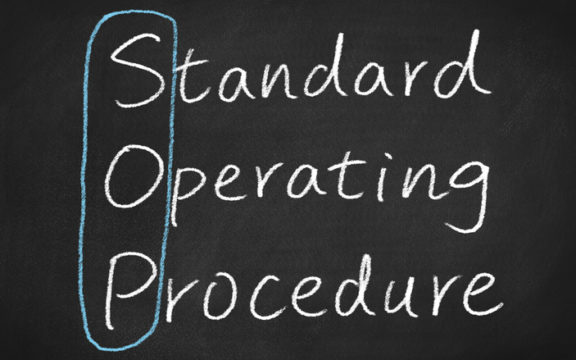The definition of “Cash Flow” is the amount of cash or cash-equivalent that your company receives or gives out, and analysis of the cash flow of a company can give a snapshot of the cash going into the business, from where it is coming from, and the amount flowing out. Hence, cash flow management is a crucial aspect of a business.
One of the essential things that every business should know is whether your company is a start-up or already a fast-growing, profitable one. The main objective of monitoring your company’s cash flow is to ensure that cash inflow is always higher than cash outflow. How do you manage your company’s cash flow adequately, ensuring that your cash inflow is always higher than cash outflow to maintain and improve your company’s financial status?
Here are some important cash flow management tips for your company to thrive and profit financially:
1. Create Emergency Funds
Just as individuals have that extra money stashed up somewhere in case of emergencies, so must businesses. Emergency cash reserves come in handy for your cash flow, especially during economic downturns such as during this Covid-19 pandemic, which can decide the fate of your company, whether it needs to close down then or in a few months’ time; or simply to pay outstanding bills, or invest in certain assets. Hence, it is crucial to create emergency funds to maintain the cash flow in your business.
2. Keep Track of Your Cash Flow
How do you keep track of your cash flow? This can be done by investing in the latest accounting software options/tools that have many useful software features to assist your company to be on top of your cash flow at all times.
3. Be Methodical with Invoices
In order to ensure that your cash inflow surpasses cash outflow, it is vital to keep tab of all products or services that have been delivered so that you can invoice your clients immediately. Invoicing processes have to be meticulous. Therefore, it is important to maintain a reliable invoicing flowchart, right from the client’s information, payment details, outstanding payments, etc. Investing in an automated invoice system can help if you wish to be paid on time. Therefore, clearing the latest and outstanding invoices is another strategy for efficiently managing your company’s cash flow.
4. Boost Receivables
This point is connected to the previous one on invoices. If clients do not pay for invoices received, the money becomes debts owed by the clients to the company for goods or services used or delivered but not yet paid for. Such debts will affect your company’s cash flow and further stunt its growth. The speed that your company turns materials and supplies into products, products into receivables, and subsequently all this into cash is what contributes to a positive cash flow. Hence, potential cash flow issues must be spotted and immediately addressed before they destroy the financial status of your company. There are some ways to encourage your clients to pay up, such as offering them discounts should they pay by a certain time, or establishing an online payment gateway to easily and instantly pay their bills.
5. Automate Tasks
In order to maintain a healthy cash flow, clients should be invoiced as soon as products/services have been delivered, and they should be encouraged to pay as soon as possible. Manual monitoring of invoicing and payments are a thing of the past. Business operations these days are fully automated, where there is automatic invoicing of regular clients, reminders for overdue payments, as well as setting an alert to notify you if your cash flow is in the red. Investing in accounting software that automates tasks for more efficient business operations will assist you in maintaining a more prudent cash flow.
6. Spend on a Budget
As mentioned earlier, a good cash flow includes more cash inflow than cash outflow. This means that you have to create a budget to ensure that your expenditures align with cash flow. A company must strive to cut back on unnecessary expenses that are not essential for the day-to-day running of the business. If this is done successfully, it will reduce cash outflow; and even if cash inflow may not be much, you would still have a healthy and positive cash inflow. Therefore, it is advisable to constantly review and make changes to the budget to ensure it stays relevant to the current situation.
7. Keep an Eye on the Numbers
It is advisable to keep to a budget to maintain a healthy cash flow in a company. How should the budget be maintained? You can do so by constantly reviewing cash inflow and cash outflow, frequently questioning the cash flow status. It is necessary to track the monthly cash flow trend by recording cash inflow and outflows in the month they occur and not the month you make a sale or first get a bill.
8. Improve Your Sales
Cash inflow in new businesses will not improve if there are no sales and so, there must be constant planning on boosting sales to generate more money to create growth in the company. What kind of plans do you make? It includes implementing effective sales strategies, hiring the right sales team, and investing in suitable advertising and marketing gimmicks. All these strategies will never go wrong in ensuring your company will always have a positive cash inflow.
Takeaways
Managing your company’s cash flow efficiently is pivotal for start-up businesses and even profitable ones. A well-structured cash flow management system is vital for the growth of the company. Running a business without a proper cash management system in place is futile, as there is no future for the business without a healthy cash inflow. Now that you know some cash flow management tips, you can now maximize opportunities for your business and keep it on track. For more information, feel free to get in touch with us.






































































































































